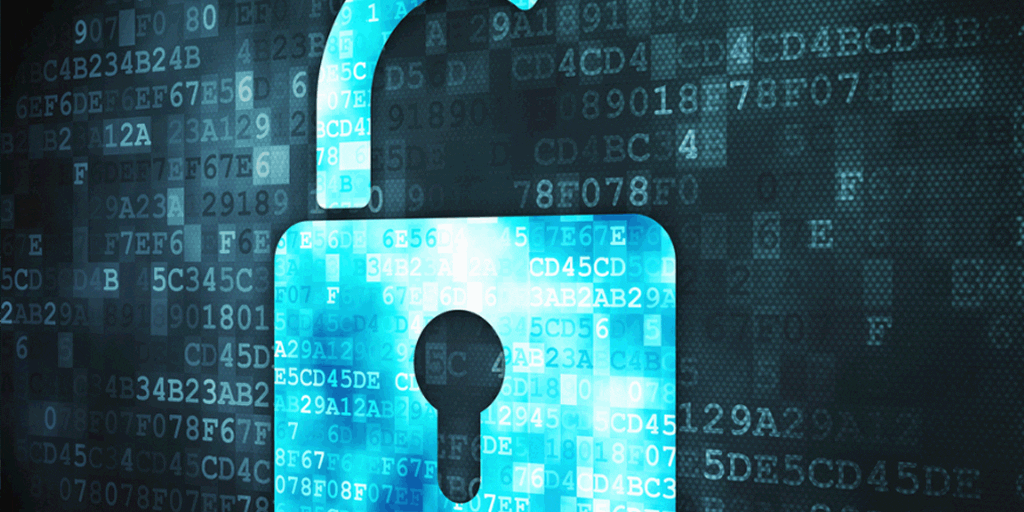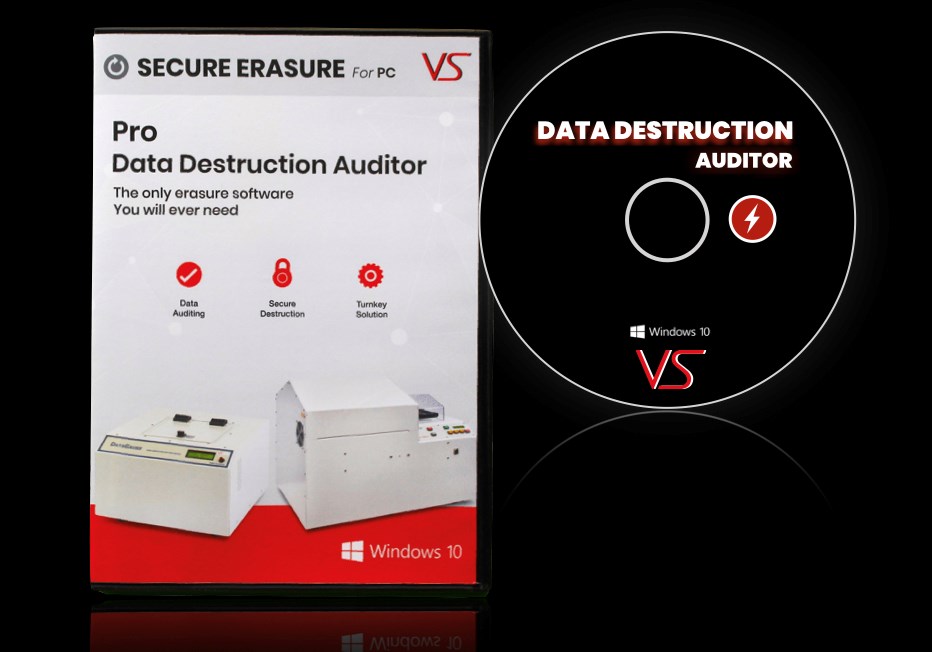Enhancing Cyber Security through Advanced Data Destruction Approaches
Enhancing Cyber Security through Advanced Data Destruction Approaches
Blog Article
The Crucial Nature of Data Devastation in Upholding Computer System Protection Services and Protecting Against Unauthorized Accessibility
In a period where information violations and identification burglary are increasingly prevalent, the relevance of effective data damage can not be overemphasized. Numerous approaches, from data cleaning to physical devastation, offer as vital safeguards against unapproved gain access to.
Value of Information Destruction
In a progressively digital world, the value of data destruction can not be overemphasized. As companies amass substantial amounts of sensitive information, the potential consequences of stopping working to effectively handle and get rid of of that information become progressively severe. Information breaches, identification burglary, and business reconnaissance present considerable threats, underscoring the necessity of effective information devastation methods.

Moreover, as modern technology advances, so also do the techniques whereby malicious actors look for to manipulate sensitive info. Organizations should stay aggressive and cautious in their information destruction techniques to safeguard versus these progressing hazards. By focusing on data devastation, business not only shield their possessions but additionally foster trust amongst clients and stakeholders, demonstrating a dedication to accountable information monitoring and safety practices.
Methods of Effective Information Devastation
To ensure the complete and irreparable damage of delicate data, companies can employ a variety of reliable methods tailored to their certain needs. Among one of the most common methods is information cleaning, which entails utilizing specialized software program to overwrite existing data multiple times, making recovery practically impossible. This is specifically valuable for solid-state drives and tough drives, where typical deletion methods are poor.
Another reliable approach is degaussing, which utilizes strong magnetic areas to interfere with the magnetic domains on storage media, providing the information irretrievable. This approach is especially matched for magnetic storage space tools, such as disk drive and hard drives.
Physical destruction is additionally a viable choice, involving the shredding, crushing, or incineration of storage space tools. This method guarantees that information can not be recouped, making it optimal for companies taking care of highly sensitive info.

Conformity With Information Security Rules
Organizations have to not just concentrate on efficient information damage approaches however likewise guarantee compliance with data protection guidelines that control exactly how delicate information is handled and dealt with. Abiding by these guidelines is important for preserving and securing individual data client depend on. Laws such as the General Information Defense Regulation (GDPR) in the European Union and the Medical Insurance Portability and Accountability Act (HIPAA) in the USA impose rigorous standards on information administration, which include requirements for the secure disposal of delicate information.
To accomplish compliance, organizations need to apply detailed data damage policies that straighten with these lawful frameworks. This consists of identifying data that calls for destruction, developing protocols for secure methodsâEUR" such as shredding physical media or using software that meets market criteria for information wipingâEUR" and maintaining comprehensive documents of damage tasks. Normal audits must be carried out to guarantee adherence to these policies and to recognize any type of prospective locations for enhancement.
Failing to follow information security regulations can cause considerable lawful ramifications, including substantial penalties and damage to a company's credibility. Incorporating compliance right into data destruction practices is not just a lawful commitment but also a crucial part of a robust info protection method.
Repercussions of Poor Information Handling
Poor information handling can bring about extreme effects that prolong past prompt functional troubles. Organizations might deal with substantial economic losses as a result of information violations, which typically result in pricey removal initiatives, legal costs, and governing penalties. These financial effects can stress resources and hinder development, eventually impacting an organization's lower line.
In addition, inadequate information handling can severely damage a company's credibility. Companions, stakeholders, and customers may shed trust fund in an entity that falls short to secure delicate info, leading to decreased client loyalty and possible loss of business chances. This erosion of depend on can take years to rebuild, if it can be recovered at all.
Additionally, companies might face legal implications occurring from non-compliance with data security guidelines. Such offenses may lead to penalties and investigations, intensifying directory the financial burden and more staining the organization's photo.
In the world of cybersecurity, insufficient data administration methods can create susceptabilities that make systems extra susceptible to unapproved access and cyberattacks. Eventually, these repercussions highlight the essential significance of executing robust data managing treatments to guard sensitive information and maintain business stability.
Ideal Practices for Secure Information Disposal

First of all, information should be identified according to its level of sensitivity. Sensitive info needs extra strenuous disposal techniques, such as shredding physical records and making use of sophisticated software program for electronic information wiping. Utilizing certified information destruction solutions guarantees compliance with industry policies and standards.
Second of all, organizations ought to execute an information disposal policy that mandates normal audits. This policy needs to describe the procedures for data retention and devastation, making sure that obsolete data is dealt with quickly and firmly. Training workers on these procedures is vital to promoting a culture of security recognition.
Lastly, preserving thorough documents of disposed data improves accountability and offers a clear audit route. This documentation must include the kind of information damaged, the approach utilized, and the date of disposal.
Conclusion
In final thought, the imperative of efficient data devastation appears in its duty in boosting computer system protection solutions and minimizing unauthorized gain access to dangers. Adopting robust approaches such as information cleaning, degaussing, and physical damage, together with conformity with regulations like GDPR and HIPAA, is necessary for securing delicate details. Overlooking correct data disposal methods can result in severe repercussions, consisting of data breaches and lawful effects. Applying ideal methods in safe information disposal inevitably strengthens organizational honesty and customer depend on.
In an era where data breaches and identification visit their website theft are significantly common, the value of reliable data damage can not be overemphasized. data destruction. Information violations, identity theft, and business reconnaissance posture substantial hazards, underscoring the requirement of efficient data damage practices
Conformity with policies such as GDPR and HIPAA requireds that organizations execute stringent data defense actions, consisting of the secure damage of data at the end of top article its lifecycle.
By prioritizing data devastation, firms not just secure their properties but likewise foster trust among customers and stakeholders, showing a commitment to liable data monitoring and security methods.
Organizations have to not only concentrate on efficient data destruction techniques but also make sure conformity with information defense guidelines that govern just how sensitive details is handled and disposed of.
Report this page